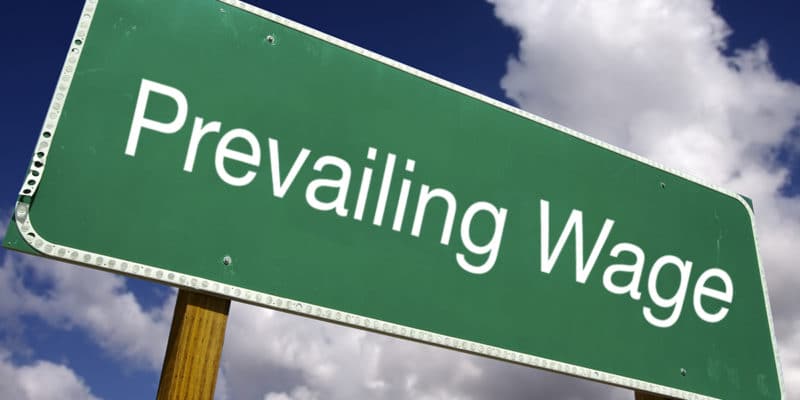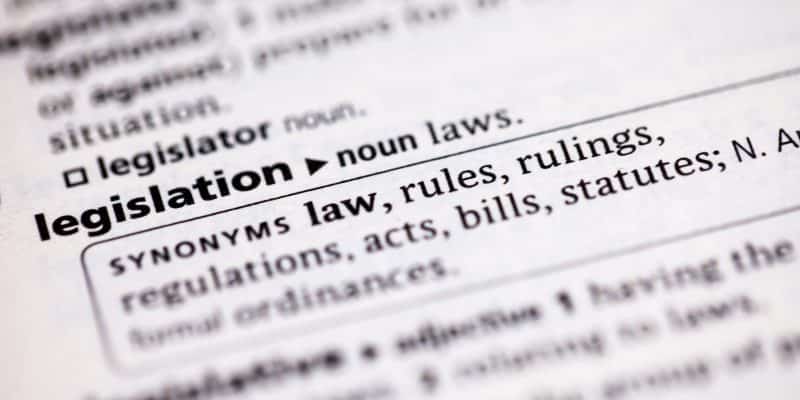March 05, 2020
Governor Tom Wolf today helped cut the ribbon on Toben Center, Northeast Philadelphia’s first comprehensive workforce development center. He was joined by Sen. Christine Tartaglione, Rep. Jared Solomon and representatives from Toben Center tenants PhillyWorks, Harcum College, and Northeast Learning Center to celebrate this new piece of workforce development, which builds upon programs already established by the Wolf Administration and proposed as part of Gov. Wolf’s 2020-21 Budget.
“Workforce development is one of my highest priorities because Pennsylvanians can’t get good jobs without the training they need, and businesses can’t succeed without trained workers,” Gov. Wolf said. “Last year, I signed an executive order creating the Keystone Economic Development and Workforce Command Center. I tasked a group of leaders from labor, business and government with identifying hurdles that prevent workers from finding good jobs, and businesses from finding good workers. The Toben Center will serve as a ladder up for residents of Northeast Philadelphia’s neighborhoods and it will strengthen the business community by creating a stronger pool of educated, skilled workers.”
Gov. Wolf’s budget proposes $12 million for competitive grants to address employment barriers and a $2 million increase for WEDnetPA, which helps businesses with training to upskill existing employees. The investments will continue the progress already made on overcoming the hurdles the Command Center identified that can prevent workers from success, including transportation, child care, re-entry, licensure and training. Many of these are addressed by services offered at the Toben Center.
The governor’s innovative workforce development initiative PAsmart launched two years ago and has invested $30 million to expand hands-on job training through career and technical education, registered apprenticeships and Next Generation Industry Partnerships. The number of apprentices registered with the Department of Labor and Industry annually has tripled since 2015 when the Apprenticeship and Training Office was created.
…
“Governor Wolf’s dedication to workforce is evident through these types of strategic partnerships, which he spoke of in his recent State budget address,” said H. Patrick Clancy, president and CEO at Philadelphia Works. “As the State’s largest workforce board, we strive to stay aligned with the Governor’s priorities. The location of the Toben Center directly addresses transportation access and gaps in workforce training. The services provided in the center ensure that education and workforce resources are accessible at the same time, in the same space, lessening the burden on career seekers. In workforce, we work better together.”









